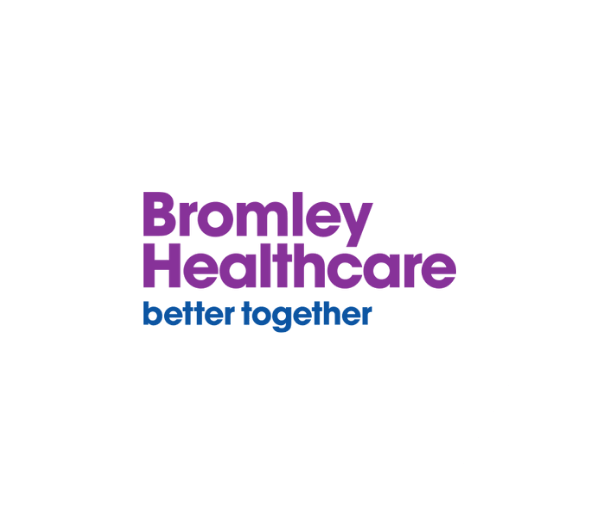About
Welcome to the b-HIVE, our guide for supporting the communication development, physical skills and independence of children, teenagers and young adults in Bromley.
This guide has been designed and produced by Bromley Council, NHS South East London Integrated Care Board and Bromley Healthcare.
Purpose of this guide
We have produced this guide with parents to help our families and professionals understand the full range of support and activities that can help our children.
It covers everything from the free activities that every parent can do at home from the birth of their child, all the way through to the specialist services that only a small group of children with the most complex needs will require.
What’s more, the guide incorporates the support provided across the spectrum of organisations, including education, health, care and community services, as well as self-accessed support available for everyone.
A child’s communication development, physical skills and independence is broad and covers a wide range of different areas of the child’s development. It is important to remember that every child is unique and that they will develop and grow in their own way.
Using this guide
The b-HIVE is designed to give parents and professionals tips, ideas and activities to try as well as signposting to the correct services that each child needs.
This guide is structured into the following colour coded sections:
1. Getting started
2. Life skills and physical development
3. Speech, language and communication
4. Behaviours, emotions and healthy minds
5. Vision and hearing impairments
6. Learning, reading and education
7. Friends and healthy relationships
What’s more, we have included a section setting out the key contact details and referral pathways for local organisations.
A collective approach
There are lots of different people and services who can support children in the areas of communication, development, physical skills and independence.
Our coproduction approach
We have been listening to our children, their families and our professionals to find out how we can provide better support when they are concerned about a child’s development.
How we organise our support
You will often hear our support described in three levels – with the level of support decided by the needs of the child.
Children can often move and down through the different levels in their lifetime, and they may be in different levels for different areas of their personal development and growth. By defining our support in this way, we can better meet the individual needs of our children.




